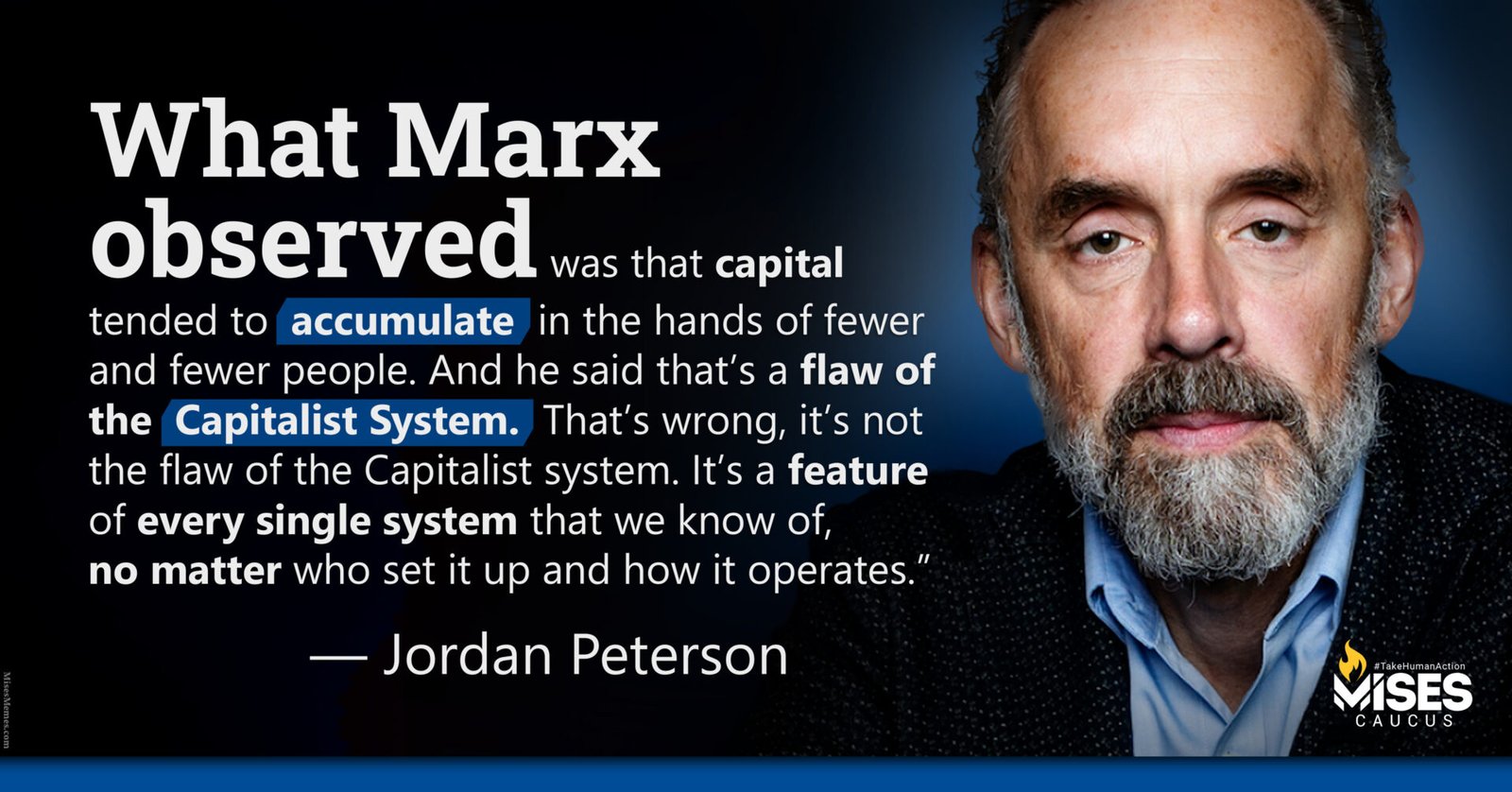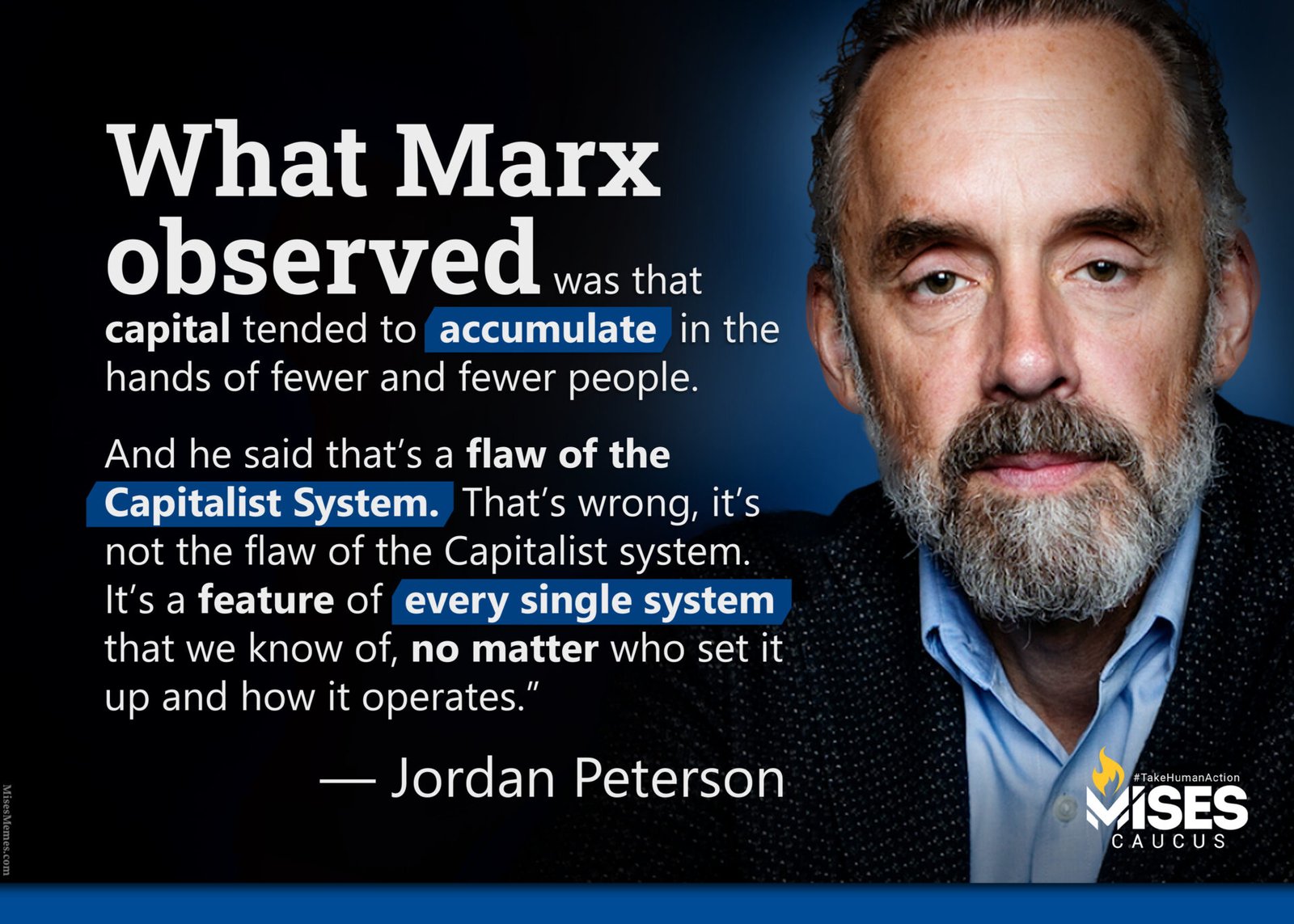The whole gospel of Karl Marx can be summed up in a single sentence: Hate the man who is better off than you are. Never under any circumstances admit that his success may be due to his own efforts, to the productive contribution he has made to the whole community. Always attribute his success to the exploitation, the cheating, the more or less open robbery of others.
Never under any circumstances admit that your own failure may be owing to your own weakness, or that the failure of anyone else may be due to his own defects — his laziness, incompetence, improvidence or stupidity. Never believe in the honesty or disinterestedness of anyone who disagrees with you.
This basic hatred is the heart of Marxism. This is its animating force. You can throw away the dialectical materialism, the Hegelian framework, the technical jargon, the “scientific” analysis, and millions of pretentious words, and you still have the core: the implacable hatred and envy that are the raison d’etre for all the rest.
— Henry Hazlitt
The whole gospel of Karl Marx can be summed up in a single sentence: Hate the man who is better off than you are. Never under any circumstances admit that his success may be due to his own efforts, to the productive contribution he has made to the whole community. Always attribute his success to the exploitation, the cheating, the more or less open robbery of others.
Never under any circumstances admit that your own failure may be owing to your own weakness, or that the failure of anyone else may be due to his own defects — his laziness, incompetence, improvidence or stupidity. Never believe in the honesty or disinterestedness of anyone who disagrees with you.
This basic hatred is the heart of Marxism. This is its animating force. You can throw away the dialectical materialism, the Hegelian framework, the technical jargon, the “scientific” analysis, and millions of pretentious words, and you still have the core: the implacable hatred and envy that are the raison d’etre for all the rest.
— Henry Hazlitt






